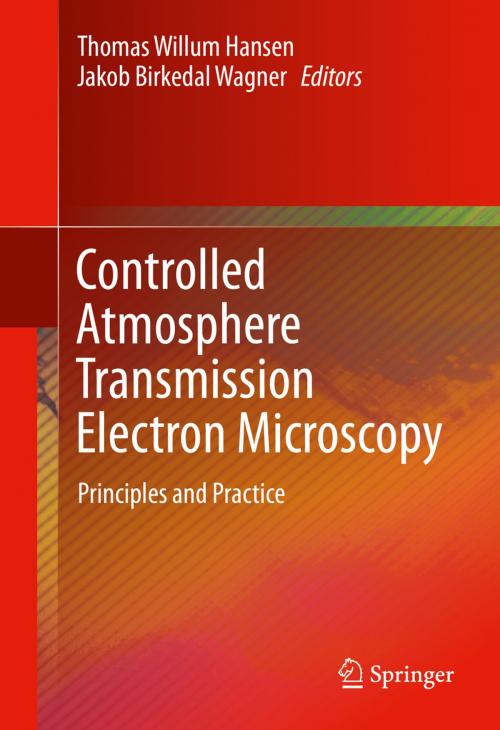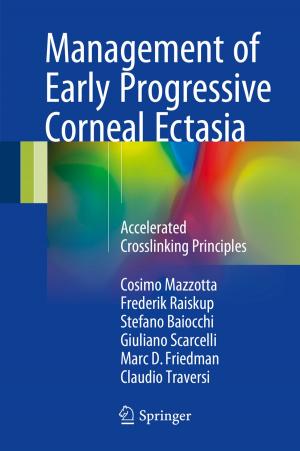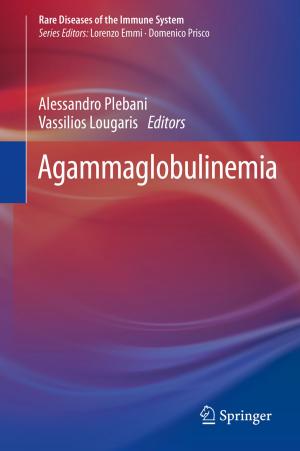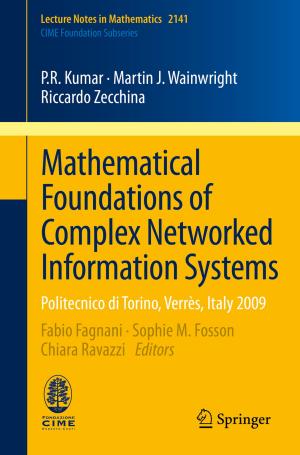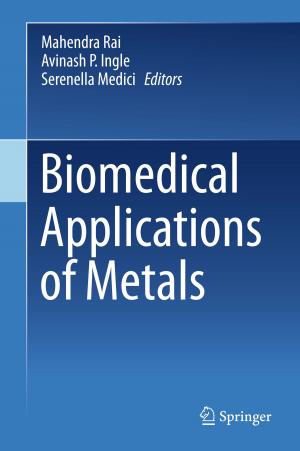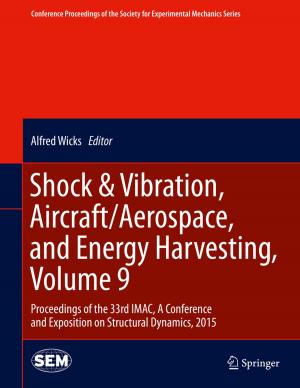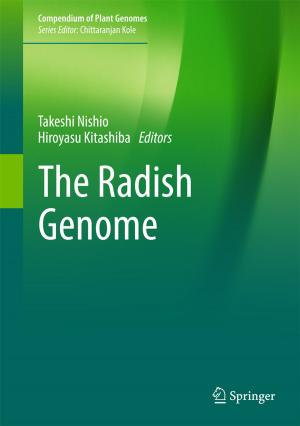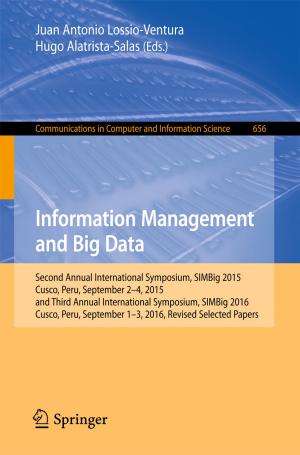Controlled Atmosphere Transmission Electron Microscopy
Principles and Practice
Nonfiction, Science & Nature, Science, Other Sciences, Nanostructures, Technology, Material Science| Author: | ISBN: | 9783319229881 | |
| Publisher: | Springer International Publishing | Publication: | October 23, 2015 |
| Imprint: | Springer | Language: | English |
| Author: | |
| ISBN: | 9783319229881 |
| Publisher: | Springer International Publishing |
| Publication: | October 23, 2015 |
| Imprint: | Springer |
| Language: | English |
This book illustrates the practical workings of environmental transmission electron microscopy (ETEM) from history and instrument design through to solving practical problems. Aspects of instrument design, performance, and operating procedures are covered, together with common problems and pitfalls of the technique. Not only will a properly operated instrument and a carefully set up experiment provide new insight into your specimen, but the ability to observe the specimen in its natural habitat will be essential to meeting specific design criteria for the development of the next generation of materials. Over the past five decades, transmission electron microscopy (TEM) under environmental conditions relevant to a particular sample has been of increasing interest. Symposia dealing with the topic are now among the best attended at international microscopy conferences. Since typical operating modes for the ETEM require the sample be subjected to a harsh environment consisting of corrosive gases and high temperatures, the challenges of adapting and operating the instrument for observation under dynamic operating conditions are numerous. However, careful consideration of the interaction of the electrons with the gases and sample, as well as the gases with the microscope components, can lead to highly rewarding results. In Controlled Atmosphere Transmission Electron Microscopy, leading experts help you to perform successful experiments using the ETEM, and to interpret and understand the results.
This book illustrates the practical workings of environmental transmission electron microscopy (ETEM) from history and instrument design through to solving practical problems. Aspects of instrument design, performance, and operating procedures are covered, together with common problems and pitfalls of the technique. Not only will a properly operated instrument and a carefully set up experiment provide new insight into your specimen, but the ability to observe the specimen in its natural habitat will be essential to meeting specific design criteria for the development of the next generation of materials. Over the past five decades, transmission electron microscopy (TEM) under environmental conditions relevant to a particular sample has been of increasing interest. Symposia dealing with the topic are now among the best attended at international microscopy conferences. Since typical operating modes for the ETEM require the sample be subjected to a harsh environment consisting of corrosive gases and high temperatures, the challenges of adapting and operating the instrument for observation under dynamic operating conditions are numerous. However, careful consideration of the interaction of the electrons with the gases and sample, as well as the gases with the microscope components, can lead to highly rewarding results. In Controlled Atmosphere Transmission Electron Microscopy, leading experts help you to perform successful experiments using the ETEM, and to interpret and understand the results.
